Kristy Colbert was 16 when she rescued an opossum that had lived through a dog attack. She took it to a veterinarian for care.
“They euthanized it because there was nobody to do anything with it then,” she said. “That really bothered me because I felt like I killed it. I thought maybe I should have taken it home with me or something.”
Four decades later, Colbert was still holding on to those feelings, and nearly three years ago she made something out of them: Possumbilities Inc., a wildlife rehabilitation facility in LaFayette. The nonprofit, Colbert believes, is the only such rehab serving Northwest Georgia; it takes in small mammals that are unlikely to transmit rabies — beaver, chipmunks, squirrels, opossums, groundhogs.
Set up to serve
Colbert���ӽ紫ý rehab efforts began when she started volunteering with Happinest Wildlife Rehabilitation and Rescue in Signal Mountain, Tennessee, a few years ago. She started out working with turtles, and she eventually took on birds and small mammals. She launched her own service in 2021 after completing Georgia���ӽ紫ý required 200 hours of training and a 100-question test covering all Georgia wildlife. A site inspection with a state ���ӽ紫ý of Natural Resources biologist followed before Colbert earned her license; today, she���ӽ紫ý a state-certified wildlife rehabber.
Possumbilities is set up to serve animals in varying stages of life and health. The majority, Colbert said, are very young, and many are injured. The rehab accepts all reptiles alongside its mammal residents.
Inside the building, there���ӽ紫ý a temperature-controlled nursery area for babies, and cages for medical patients with severe conditions. Other adult animals with less serious injuries go in a separate medical area. Young animals enter pre-release cages outside once they are old enough, and “soft releases” occur near the facility in the Pigeon Mountain Wildlife Management Area.
“We open the cage and allow them to leave when they want, once they’re ready to be released,” Colbert said. “We also have a kitchen area and a storage area. We prepare all the foods in the kitchen area.”
When to step in
Feeding wildlife, especially young individuals, requires lots of know-how. Milk replacer, along with droppers and syringes and tubes to deliver it, are often necessary. Baby possums often arrive at the rehab, Colbert said, because their mothers don’t return for them once they’re lost or left.
When members of the public find baby animals that look abandoned, a little discernment is key in deciding whether to step in. Deer and rabbits, Colbert said, should be left in place as their mothers are likely to return, but opossums need to be transported as soon as possible to a certified rehabber. Keeping a young animal whose needs are likely specific could put it in further danger.
“We have a lot of people who don’t know we exist,” she said. “Sometimes, they’ll keep a baby for two or three days and then finally find us, and then the baby is sick a lot of times. Sometimes, it���ӽ紫ý far past what we can help.”
By the time a person notices a stranded baby, the animal is often dehydrated and in need of food — and warmth. And the wrong type of sustenance could further complicate things.
“The big thing to do is just keep them warm,” Colbert said. “Do not feed them. Keep them warm, and get them to a rehabber.”
Help and visibility
Possumbilities helped 380 animals last year. The number of mammal residents at the facility fluctuates throughout the year; Colbert said there are about 100 on site now, 85 of them babies. And as the warmer months set in and animals are more active, there will be more.
Colbert said the operation relies heavily on community support. Monetary contributions via its website, , are helpful, she said, as are donations of pet beds, syringes and milk replacement formula. She encourages area farmers to bring by vegetables they’re not going to sell — anything but tomatoes, onions and spinach.
Colbert, a middle school educator by day, runs the operation with the help of her daughter and son, Chelsea and Bart Colbert. The trio welcomes volunteers over the age of 18.
And they’re looking for visibility.
“Getting our name out is very important — allowing people to know that we’re in the area — they need to know that in case they find something,” Kristy said.

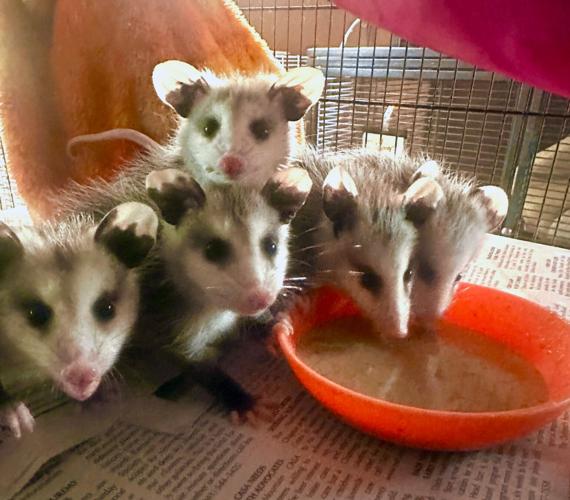
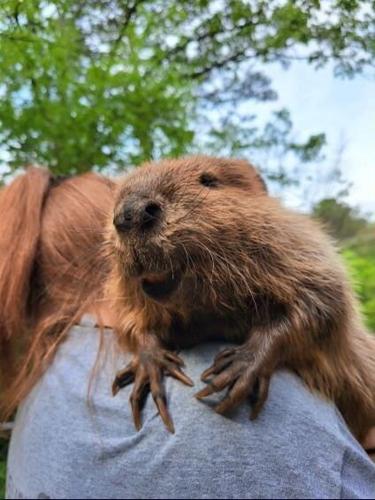
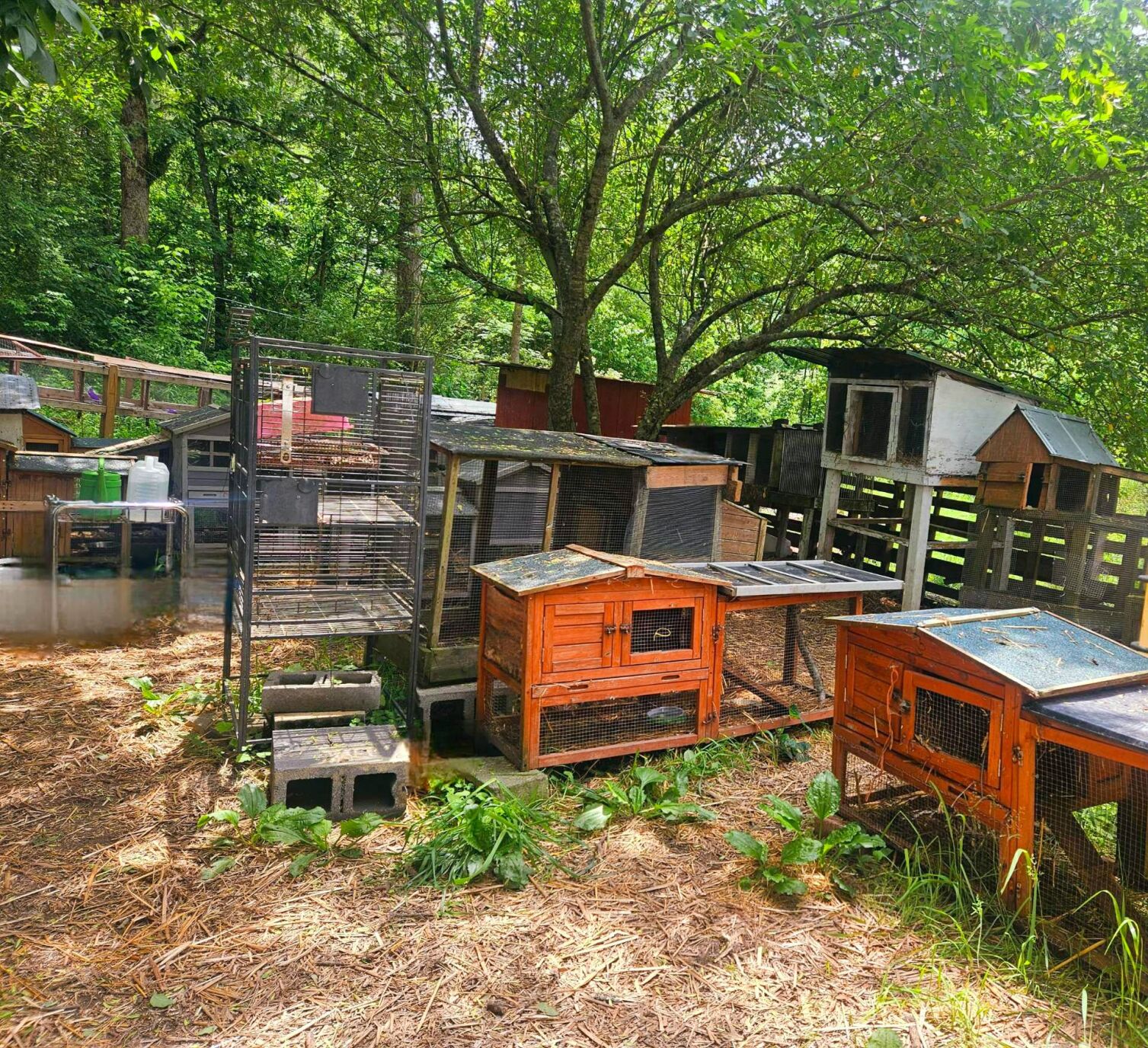
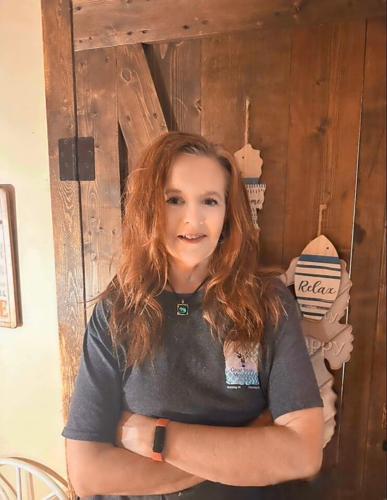
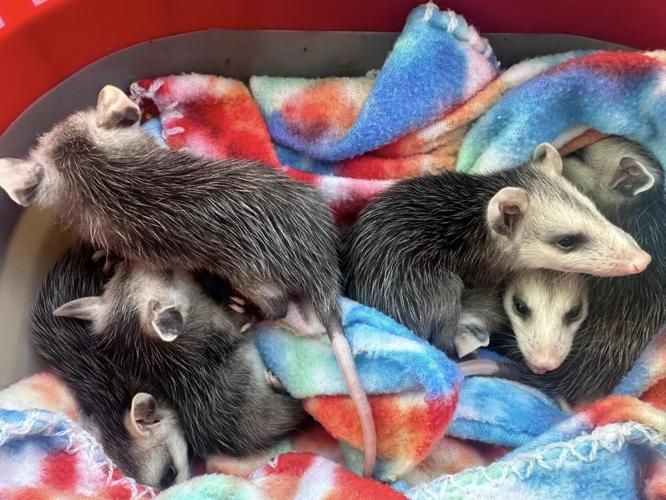
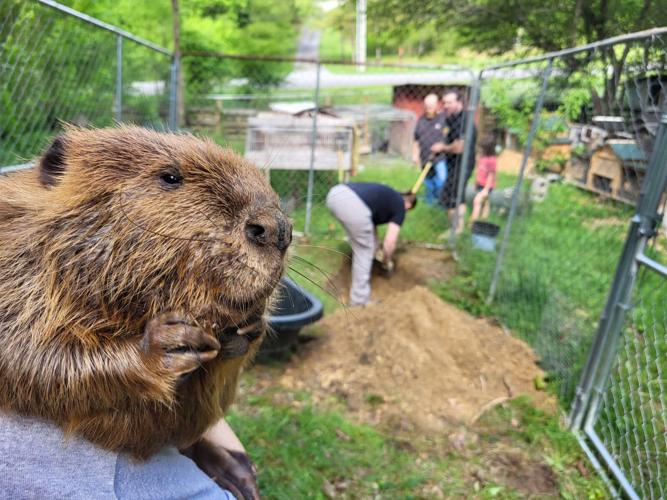



















(0) comments
Welcome to the discussion.
Log In
Keep it Clean. Please avoid obscene, vulgar, lewd, racist or sexually-oriented language.
PLEASE TURN OFF YOUR CAPS LOCK.
Don't Threaten. Threats of harming another person will not be tolerated.
Be Truthful. Don't knowingly lie about anyone or anything.
Be Nice. No racism, sexism or any sort of -ism that is degrading to another person.
Be Proactive. Use the 'Report' link on each comment to let us know of abusive posts.
Share with Us. We'd love to hear eyewitness accounts, the history behind an article.